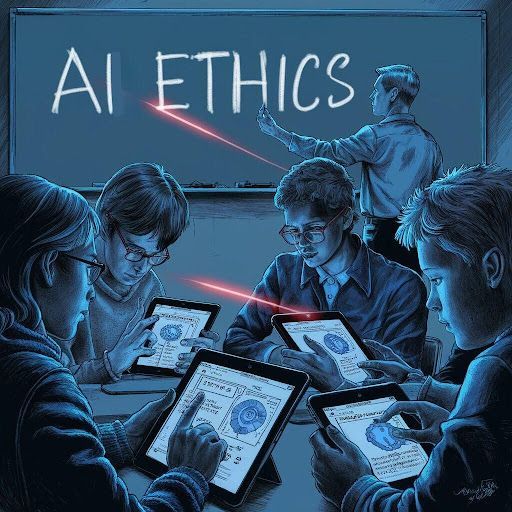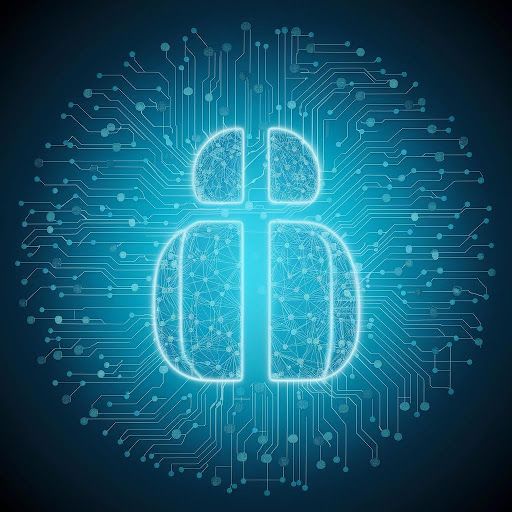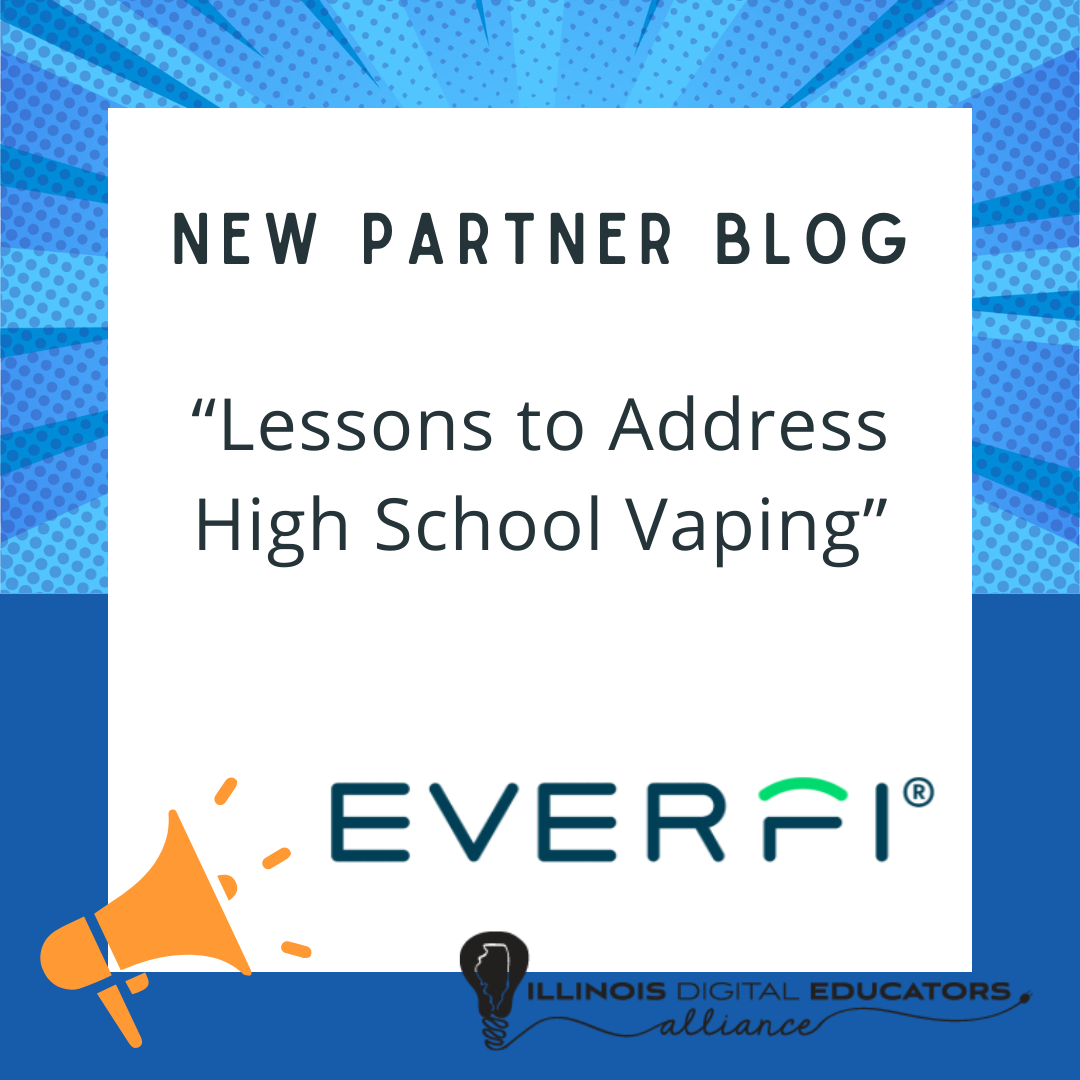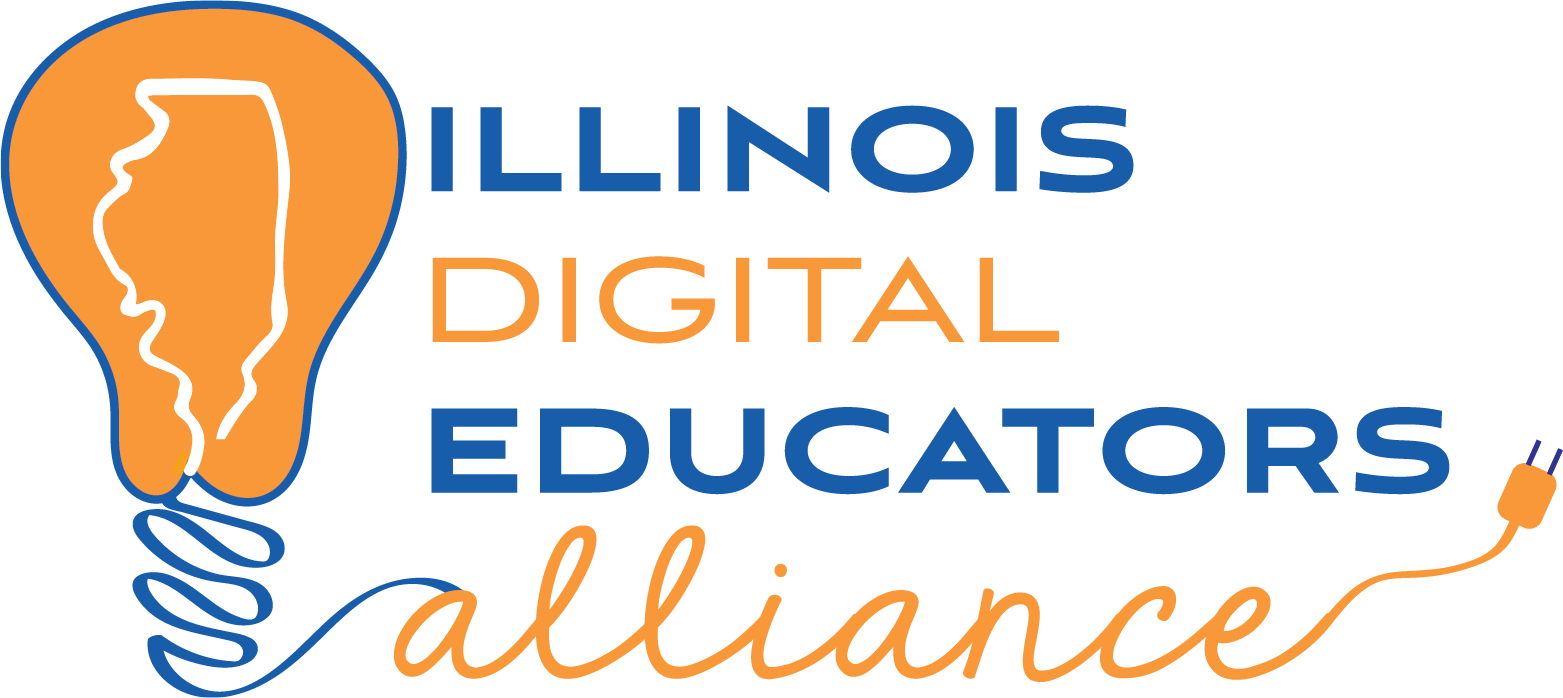Ensuring Ethical AI Education: Collaboration Between Tech Companies and Schools

What's the truth? What’s real? What’s fake? It is imperative that we teach students the importance of taking the time to determine fact from fiction in the world of artificial intelligence. While digital citizenship and media literacy have been part of the curriculum for over a decade, the rapid advancement of AI requires a shift towards AI literacy. Many organizations and universities are developing valuable resources for educators, but AI companies need to prioritize ethics and transparency from the beginning of new developments and collaborate with educators to create a comprehensive curriculum.
The rise of AI has created a gap in our education system. While digital citizenship and media literacy have taught students to navigate the digital world critically and responsibly, it is vitally important they know how to navigate the internet and social media in the world of AI. In the current environment, students lack the skills to understand and critically evaluate AI systems and their outputs. As students create this understanding, it is important that they learn to comprehend how AI works, recognize its potential biases, and understand its ethical implications. This proves even more difficult since teachers haven’t had the proper training or lack knowledge in the field of AI.

The documentary “The Social Dilemma” discusses how big tech companies use and exploit user data to shape public opinion and manipulate behavior. Using AI to track our clicks, learn our behavior, see what we watch and how long we spend on an online activity, companies create profiles to target people with individual content, ads, and recommendations of similar stories or products. To many, this practice is unethical, creates misinformation and invades users’ privacy. Understanding how “big tech” uses their tools and our data helps in teaching our students as well as adults a purposeful way of how to protect ourselves from manipulation.
Several organizations, including MIT and Stanford University, have developed AI literacy and ethics teaching kits along with other valuable resources for educators. Digital Promise and UNESCO have also contributed useful materials for teachers. Another excellent resource is TeachAI, which aims to guide and support school leaders and teachers in navigating the world of AI. However, simply providing resources and responding reactively is not enough. AI tech companies must be more transparent and prioritize ethics during development, rather than addressing them post-release. Additionally, these companies should collaborate with educators to create a curriculum that covers the appropriate and inappropriate uses of their technology.
Addressing the gap in our education system created by the rise of AI is crucial. Students must be equipped with the skills to discern truth from fiction and understand the ethical implications of AI. While many organizations and universities are providing valuable resources, AI companies must take proactive steps to prioritize ethics and transparency from the outset. Collaborating with educators to develop comprehensive AI literacy curriculums is essential. By doing so, we can ensure that future generations navigate the AI-driven world responsibly and critically.

What tools or resources have you discovered to help prepare your students for an AI-driven world?
Sources:
- “AI Guidance for Schools Toolkit.” Teachai.org, 2023, www.teachai.org/toolkit. Accessed 5 Aug. 2024.
- “AI Literacy – Digital Promise.” Digital Promise, 19 June 2024, digitalpromise.org/initiative/artificial-intelligence-in-education/ai-literacy/. Accessed 5 Aug. 2024.
- “Artificial Intelligence Archives.” Pew Research Center, 15 May 2024, www.pewresearch.org/topic/internet-technology/emerging-technology/artificial-intelligence/. Accessed 5 Aug. 2024.
- “Center for AI Safety (CAIS).” Safe.ai, 2023, www.safe.ai/. Accessed 5 Aug. 2024.
- “CRAFT Is Empowering Students with AI Literacy.” CRAFT, 5 Apr. 2024, craft.stanford.edu/. Accessed 5 Aug. 2024.
- Curtis, Vickie, et al. “The Social Dilemma.” IMDb, 9 Sept. 2020, www.imdb.com/title/tt11464826/?ref_=nv_sr_srsg_0_tt_8_nm_0_in_0_q_The%2520Social%2520Dil. Accessed 5 Aug. 2024.
- “Digital Literacy & Citizenship.” Learning Technology Center, 23 June 2024, www.ltcillinois.org/focus/digital-literacy/. Accessed 5 Aug. 2024.
- “Digital Literacy for All Learners.” Illinois.edu, 2024, publish.illinois.edu/digital-literacy4all/. Accessed 5 Aug. 2024.
- Payne, Blakeley. An Ethics of Artificial Intelligence Curriculum for Middle School Students. 2019.
- “Research Guides: Artificial Intelligence (AI): AI in K12.” Purdue.edu, 2024, guides.lib.purdue.edu/c.php?g=1371380&p=10135071. Accessed 5 Aug. 2024.
- “Teaching Artificial Intelligence Literacy: “AI Is for Everyone.”” Northwestern.edu, 2023, ai.northwestern.edu/news-events/articles/2023/teaching-artificial-intelligence-literacy-ai-is-for-everyone.html. Accessed 5 Aug. 2024.
- Unesco.org, 2024, unesdoc.unesco.org/ark:/48223/pf0000380602. Accessed 5 Aug. 2024.
Notes: - Images were created utilizing the website Ideogram.ai, a text to image AI tool
- ChatGPT 3.5 was used to organize and improve the wording of my original thoughts
- ChatGPT 3.5 created the title of this post

Jeremy is a TEDx Speaker and a high school Computer Science & History Teacher in Effingham, IL. He is also a governing board member of Illinois Digital Educators Alliance (IDEA). Jeremy has earned a Masters in Educational Policy from the University of Illinois and a Masters in Teaching from Greenville University. His goal is to inspire students, teachers and anyone he comes into contact with to be a lifelong learner. Jeremy believes education is the key to solving our world’s problems. In his free time, he enjoys traveling,writing, spending time in coffee shops, and spending time with his family watching old TV shows on Netflix.
RECENT ARTICLES




